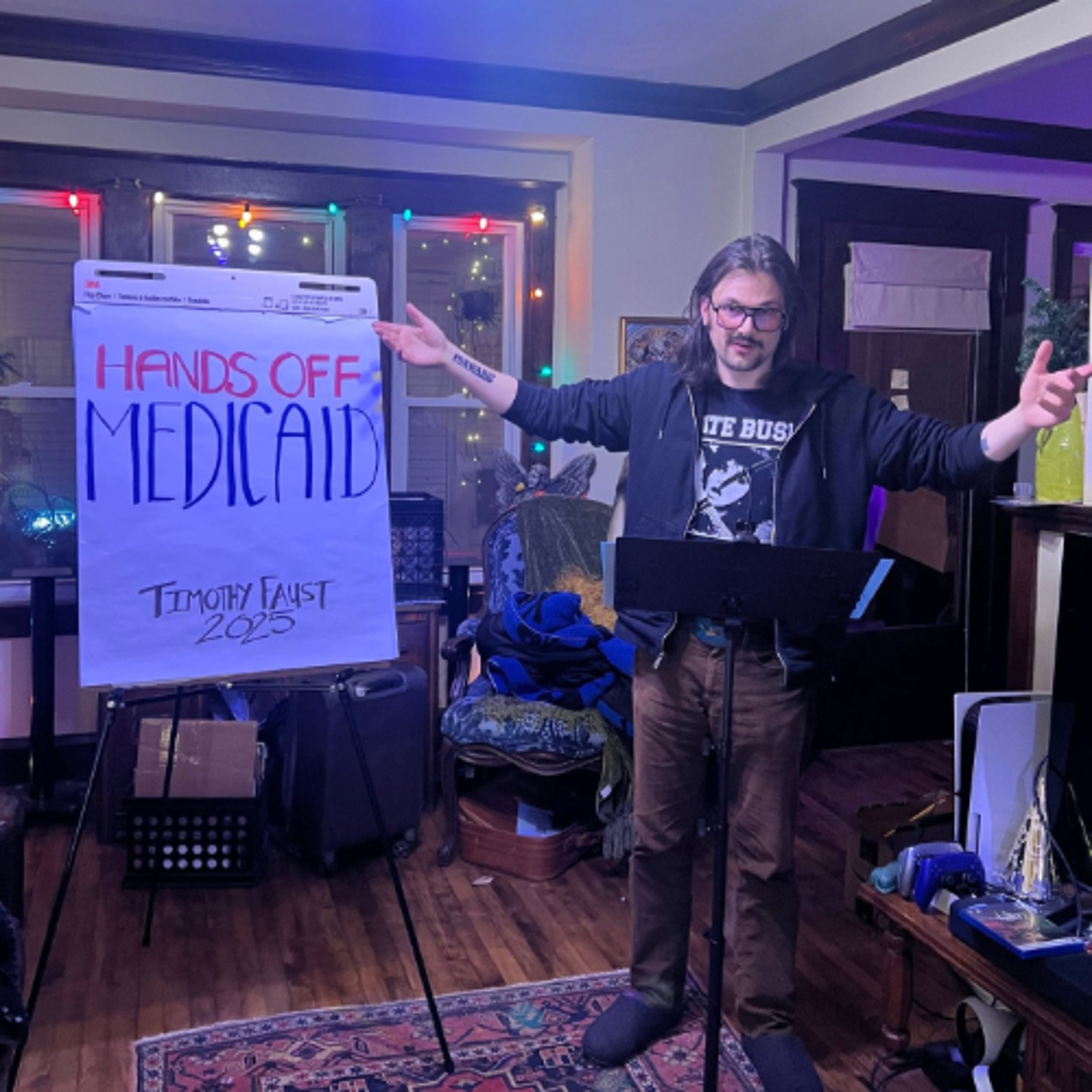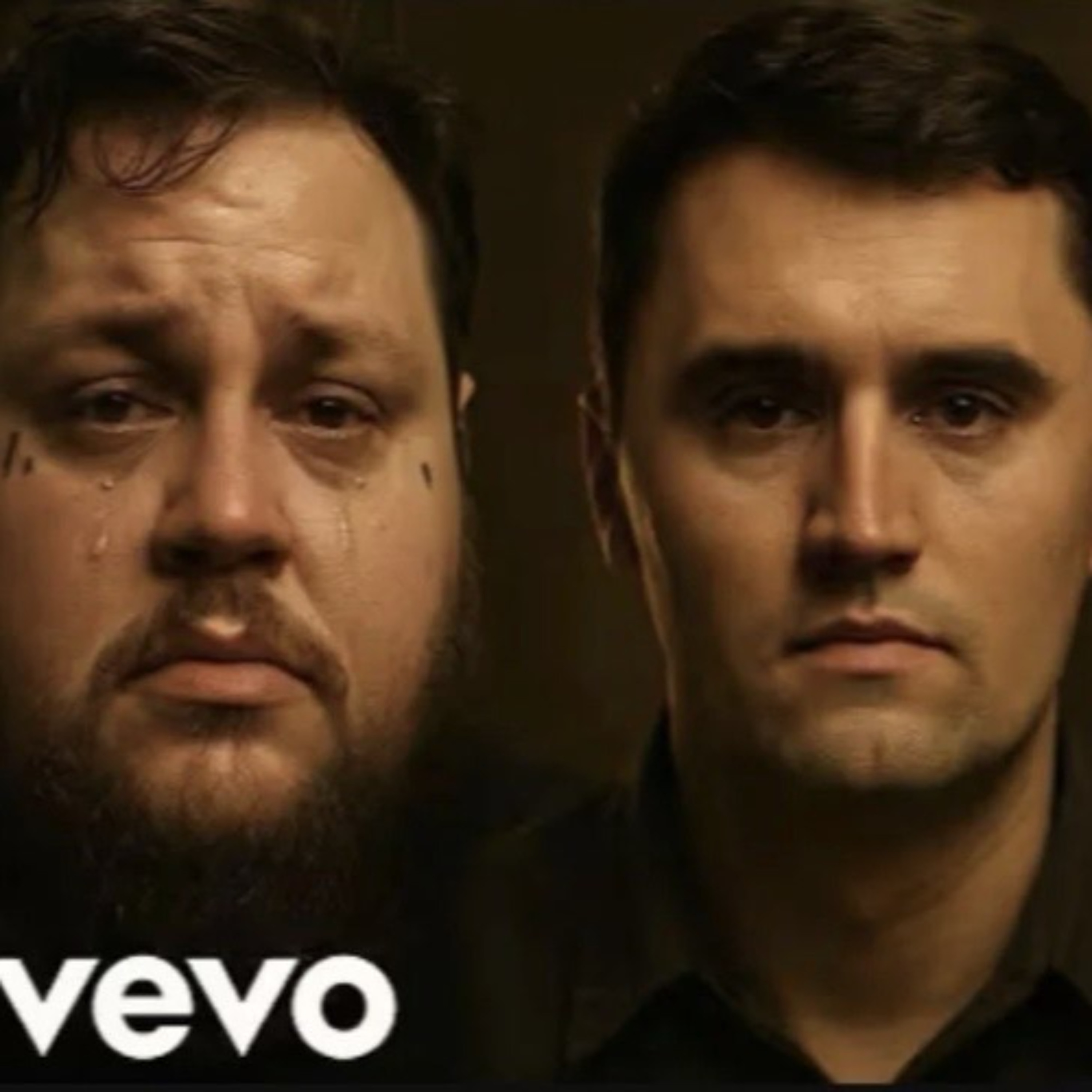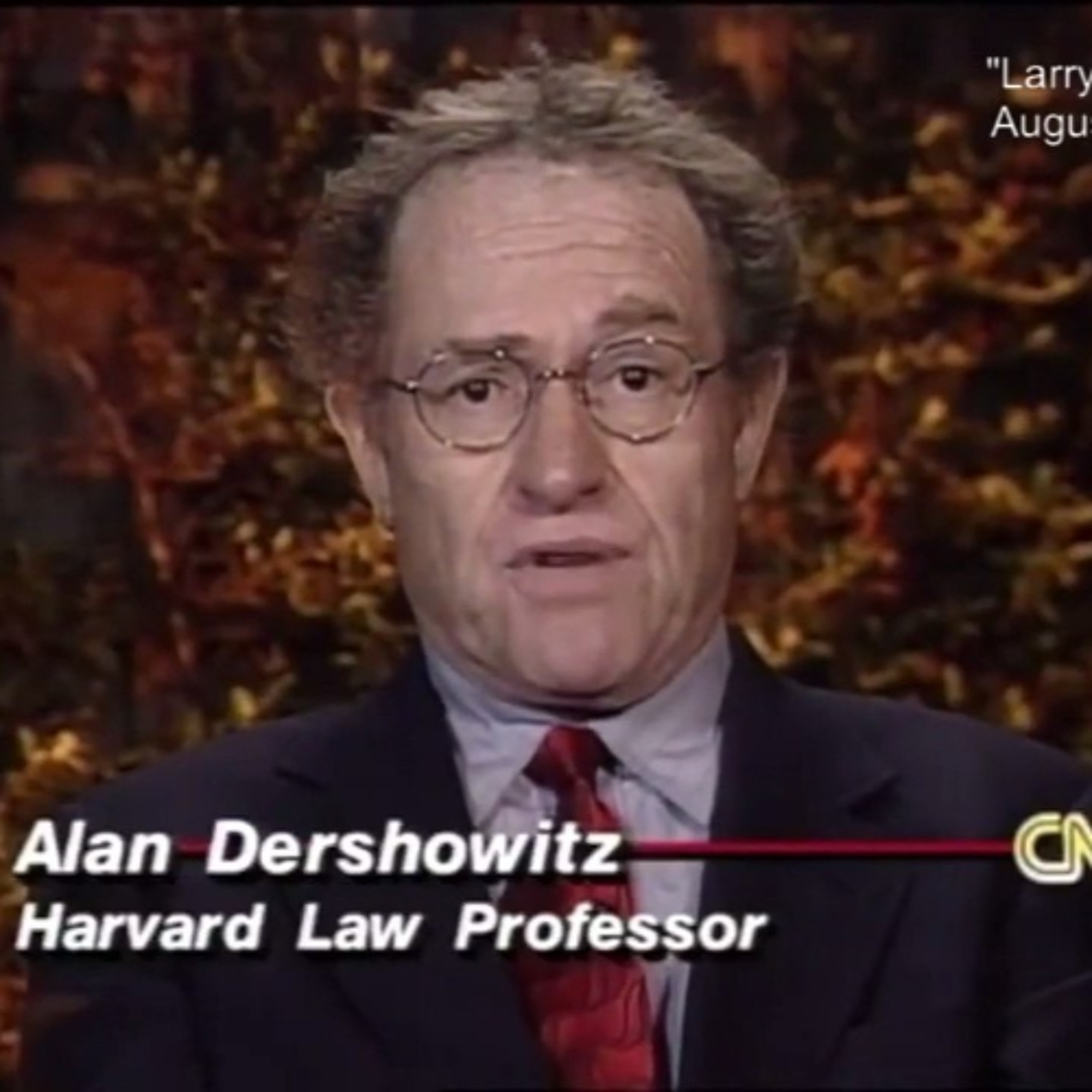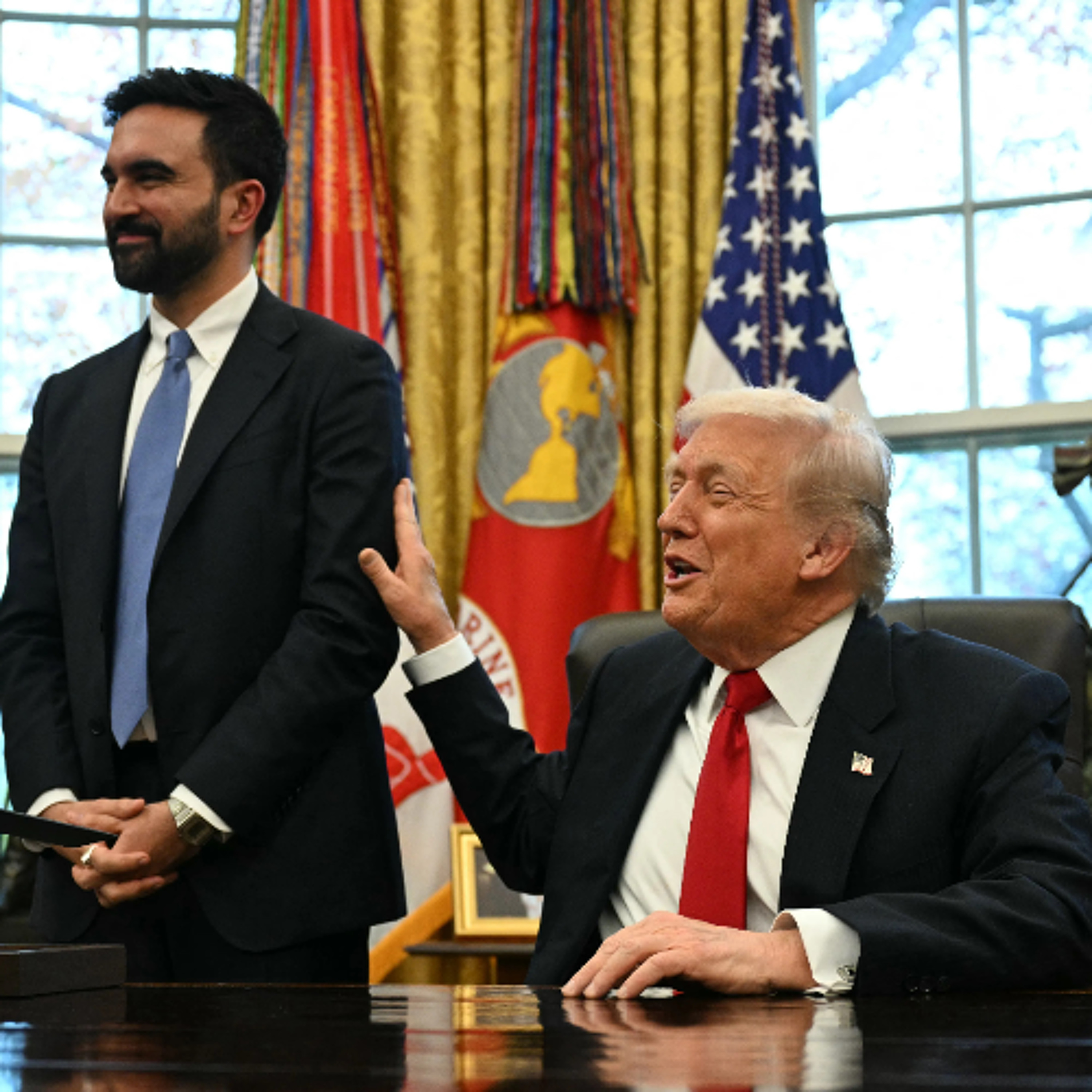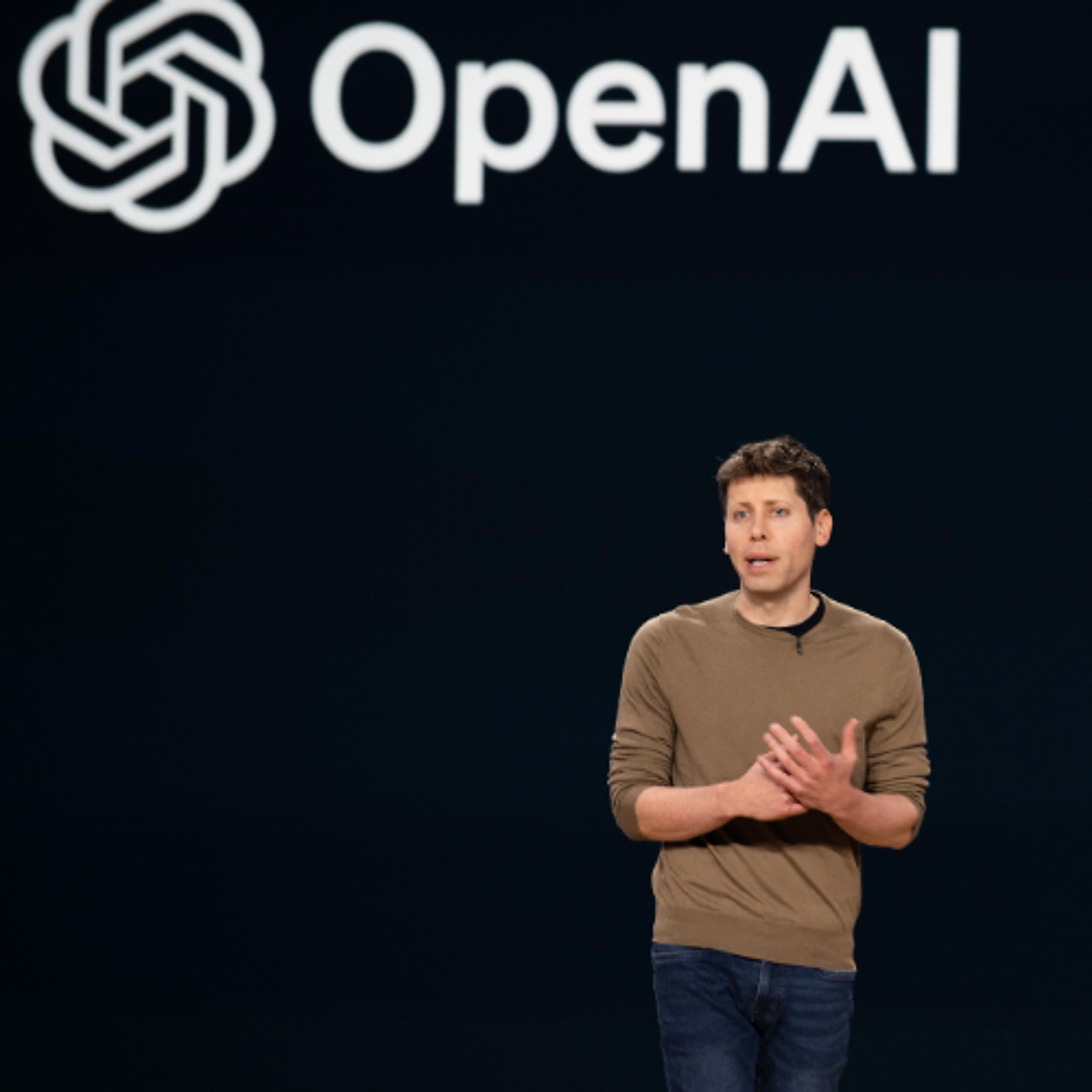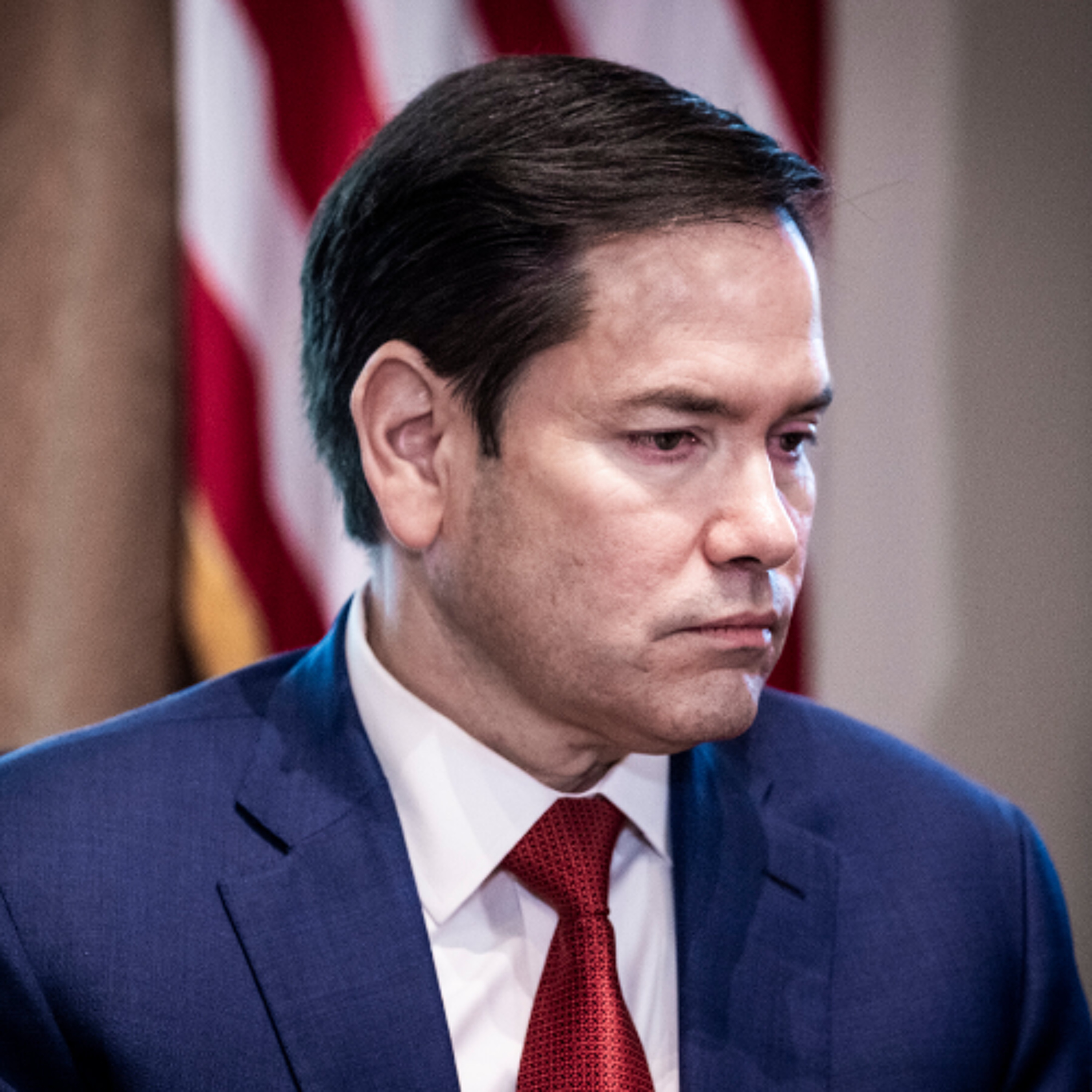921 - Health Scare feat. Tim Faust (3/31/25)
Tim “T-Bone” Faust makes a long overdue return to the program to brief us on the series of guerilla town halls on Medicaid he’s been doing in Wisconsin. But first, we start with a brief roundup on one of the most important health issues facing the nation today: Soda, and the role it plays in keeping Americans healthy. Tim then takes us through the current administration’s assault on Medicaid & Medicare, how the failure to push for healthcare reform in the face of COVID paved the way for hucksters like RFK Jr, and how health justice remains a bedrock principle for a left political program going forward.
Tim is happy to book a town hall in YOUR neck of the woods if you reach out to him: https://x.com/crulge
And here’s a quick flier he put together for Hands Off Medicaid if you want more info: https://www.dropbox.com/scl/fi/jusscubmipf5fsd5hob24/national-flyer.pdf?rlkey=b1327wky6zte79m00g8peo8iq&e=2&st=d3dngrl3&dl=0
On Will’s rec, go see “The Encampments” if you have the chance: https://www.watermelonpictures.com/films/the-encampments
Tim is happy to book a town hall in YOUR neck of the woods if you reach out to him: https://x.com/crulge
And here’s a quick flier he put together for Hands Off Medicaid if you want more info: https://www.dropbox.com/scl/fi/jusscubmipf5fsd5hob24/national-flyer.pdf?rlkey=b1327wky6zte79m00g8peo8iq&e=2&st=d3dngrl3&dl=0
On Will’s rec, go see “The Encampments” if you have the chance: https://www.watermelonpictures.com/films/the-encampments
Press play and read along
Transcript
Transcript is processing—check back soon.
Chapo Trap House — 921 - Health Scare feat. Tim Faust (3/31/25)
